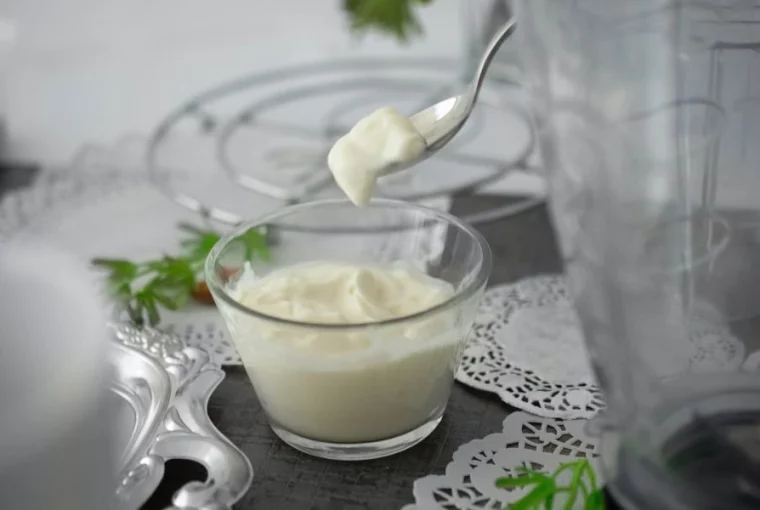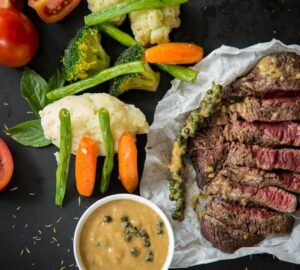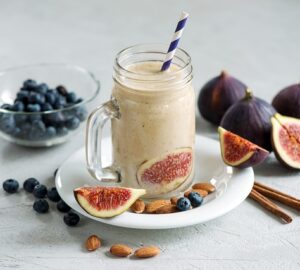The digestive system in our body is undeniably one of the essential systems for good health. Different digestive system organs ensure that the food we consume gets broken down and the nutrients get absorbed in the body. Additionally, it helps with getting rid of the waste in our bodies.
Digestive issues are widespread, and about 40% of adults suffer from them. It can start as a minor discomfort and, if neglected, become a lethal disease. However, by consuming some foods and supplements and avoiding foods that can cause problems, it is possible to prevent digestive issues to a great extent.
Symptoms Of Digestive Issues
The digestive system helps consume food, absorb nutrients from food, provide energy to function, and get rid of waste from the body. Several reasons can trigger digestive issues. Food habits, sudden changes in diet, or eating certain types of foods can cause digestive problems.
As the digestive system is involved with several organs and functionality of the body, the impacts of indigestion can occur in many ways. Some of the common symptoms of digestive issues include excess gas formation, heartburn, bloating, nausea, constipation, diarrhea, vomiting, and so on.
7 Foods And Supplements To Help With Digestive Issues
One should have a proper diet and take supplements or foods that are good for the digestive system to keep their body healthy. Here, we have shared seven foods and supplements that can be incredibly helpful for digestive issues as well as keeping your digestive system in good condition in general.
1. Supplements
Supplements can be a great option if you are constantly suffering from digestive issues. Besides, they can be taken in general too for the proper functioning of your digestive system. For digestive issues, you will mainly need probiotics and prebiotics. You can be greatly benefited from digestive problems from some of the best prebiotic and probiotic combination supplements.
Prebiotics and probiotics can be extracted from fibrous fruits, vegetables, or carbohydrates. They help grow good bacteria and provide them a suitable condition to grow in the gut. Although probiotics and prebiotics can be consumed from natural foods, supplements can also be a good alternative.
2. Ginger
Ginger is a root vegetable that works wonders in reducing bloating or other digestive issues. Ginger is extremely popular in Asia, where its origin is. It has so many health benefits that, apart from using it for flavoring, it is also used for medicines.
The great thing about ginger is that it is a versatile herb or spice that can complement many recipes. You can have ginger in a powdered form in curries, soups, and many other dishes. You can also have fresh ginger with tea.
3. Vegetables with Skin
Vegetables are packed with nutrients. The fiber in vegetables helps with digestion and bowel movement. The skin part of the vegetables is mainly the part that is rich with fibers. These fibers can be incredibly beneficial for good digestion. You can consider consuming potatoes with skins, beans, cucumber, eggplant, beans, etc.
4. Leafy Greens
Trillions of organisms live in the colon, and their influences help in digestion and bowel movement. The functionality occurs properly if the gut is in ideal condition. Leafy greens are known to have a prominent role in having an ideal gut microbiome. Research has shown that leafy greens are helpful in generating healthy bacteria that help digest foods.
Leafy greens tend to have a specific type of sugar that causes the growth of healthy bacteria in the gut. Besides that, leafy greens are a great source of vitamins and nutrients. You can get vitamin C, vitamin A, Vitamin K, folate, etc. Leafy greens include spinach, kale, cabbage, lettuce, etc.
5. Whole Grains
You need some carbohydrates in your diet. Even if you are into a keto diet, consuming some carbs is better for your body’s proper functionality. Whole grains are a great source of carbs as well as great for digestion. They are packed with fibers that are essential for digestion. Moreover, they are an outstanding element in nurturing good bacteria in your gut.
Doctors suggest consuming whole grains every day. Usually, at least 25 grams of fiber is needed for optimal colon function, most of which can be covered by a small portion of whole grains. Being an incredible source of fibers, whole grains are also packed with omega-3. Moreover, whole grains are converted into fatty acids when the gut bacteria ferment them. These fatty acids accelerate the proper operation of the colon cells.
6. Low-Fructose Fruits
Many people are prone to bloating and gas when they consume fruits. This happens due to fructose. Avoiding fruits with high fructose or sugar can be a great initiative. On the flip side, low-fructose fruits can be good for digestion and bowel movement. Usually, low sugar or citrus fruits usually form less gas due to having less fructose.
Apples, mangoes, and pears are some fruits that are high in fructose. If gas occurs after consuming these fruits, it is better to avoid them. Instead, you can eat berries, oranges, grapefruits, etc., which are rich in fiber and contain low fructose. They also contain vitamins and minerals that are essential for good health.
Banana is a fruit that is amazing for digestion. It is high in fiber, which improves digestion, as well as low in fructose. Moreover, it contains a substance called inulin which stimulates the growth of good bacteria in the gut.
7. Yogurt
Yogurt comes from fermented milk. It is a great source of probiotics which are essential for digestion. Probiotics are naturally found in the gut and play an active role in digestion. If you do not want to have supplements for probiotics, you can opt for yogurt. Having more probiotics can ease the digestion process even further. Consuming yogurt is especially beneficial when you are already suffering from bowel issues. Further, you can have yogurt for bloating, constipation, or diarrhea.
To Conclude
Generally, it is okay to consume any food as long as you consume it in moderate portions. However, excessive consumption of greasy foods, alcohol, beverages, spicy foods, coffee, etc., can trigger digestive problems. If such a problem occurs, you can improve your gut health from the foods and supplements we have mentioned above. However, you should consult a doctor if the discomfort does not reduce.




